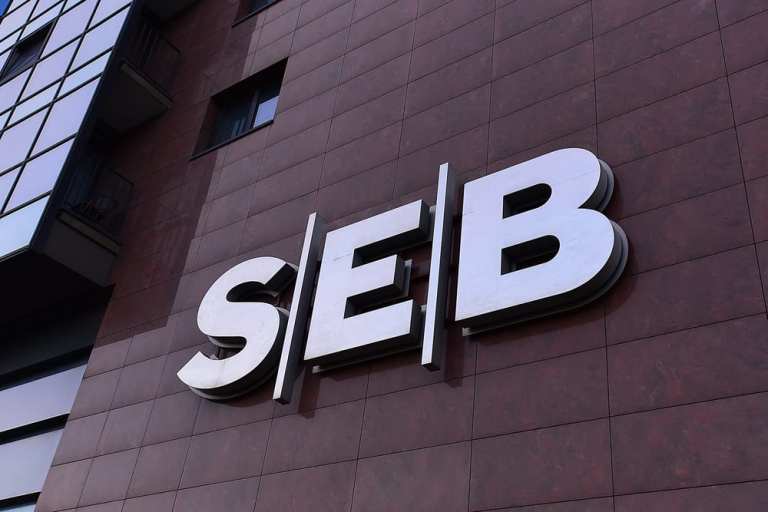Denmark Reg Probes Swedish Bank For Money Laundering

Denmark’s financial watchdog has instructed a Danish branch of Swedish bank SEB to obtain additional information on customers deemed to be a high money-laundering risk.
“The Financial Supervisory Authority (FSA) estimates that the branch’s inherent risk of being misused for money laundering or financing of terrorism is normal to high in relation to the average of financial businesses in Denmark,” the watchdog said in a statement, according to Reuters.
After completing a routine checkup on the Danish branch of SEB Kort Bank AB in March 2018, the recently-published findings show that the regulator is instructing the bank to gather additional information on customers that the branch believes have a high risk of money laundering or terror financing.
In addition, the FSA has instructed the branch to confirm that it is in compliance with anti-money laundering legislation.
A statement from Head of SEB Kort Danmark Lars Lorenzen pointed out that the inspection did not find any money laundering abuses.
“Since the inspection in March 2018 we have tightened our processes and controls in order to meet the Danish FSA’s order,” Lorenzen said.
Banks are taking a closer look at their ability to find and fight money laundering after recent scandals involving Danske Bank and Sweden’s Swedbank. Last year, for example, Deutsche Bank discovered more issues in its ability to completely identify clients and where their money is coming from — more than a year after being fined close to $700 million for enabling the crime.
The German lender ran tests on a sample of its customers in several countries including Russia. In the two reviews, the bank was given a pass rate of zero percent in Russia, Ireland, Spain, Italy and South Africa. The pass rate looks at the percentage of customers that meet the Know Your Customer standards. Deutsche Bank is aiming for a pass rate of 95 percent.